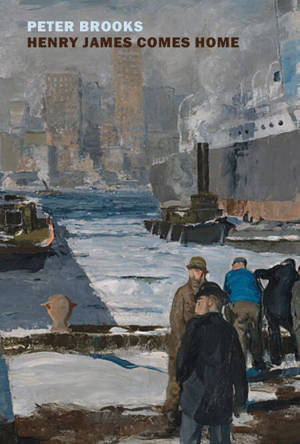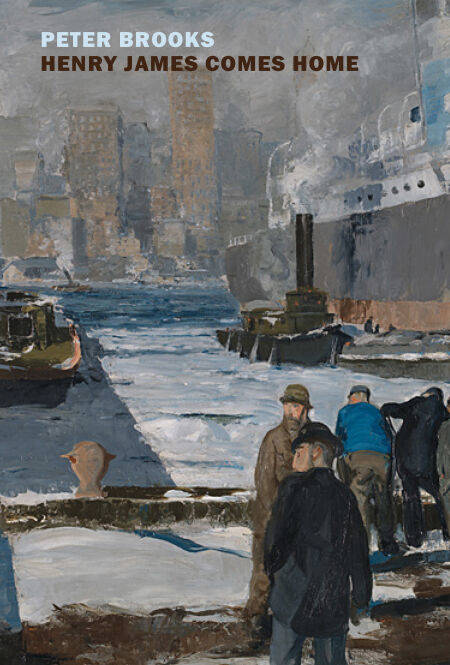
- Afhalen na 1 uur in een winkel met voorraad
- Gratis thuislevering in België vanaf € 30
- Ruim aanbod met 7 miljoen producten
- Afhalen na 1 uur in een winkel met voorraad
- Gratis thuislevering in België vanaf € 30
- Ruim aanbod met 7 miljoen producten
Zoeken
€ 17,69
+ 17 punten
Uitvoering
Omschrijving
In this enthralling re-creation of American novelist Henry James' famous ten-month trip around the United States, lauded critic Peter Brooks brings to life both the literary giant and America in its Gilded Age.
In 1904, after two decades of living and travelling abroad, Henry James returned to the United States to discover a world drastically different from the one he had left behind. Suddenly, the future of the world seemed to be in his native land, which he had once considered provincial, lacking in nourishment for the novelist. James thus set forth to refamiliarize himself with the United States, travelling the breadth of the land and exercising his acute powers of observation to document all that he saw.
James's ten-month journey across America and its product, the ethnographic work The American Scene, are the focus of Henry James Comes Home, scholar and literary critic Peter Brooks’s dazzling follow-up to his book Henry James Goes to Paris. Brooks combines biography and criticism to recreate James's American journey, tracing his travels around New England, down south to Florida, across the Midwest, up the coast of California, and eventually to Seattle and Portland. For James, being American was "a complex fate," and Brooks shows how James's keen remarks on rampant materialism and the challenges at the heart of democracy are still of enduring relevance to us in this day.
In 1904, after two decades of living and travelling abroad, Henry James returned to the United States to discover a world drastically different from the one he had left behind. Suddenly, the future of the world seemed to be in his native land, which he had once considered provincial, lacking in nourishment for the novelist. James thus set forth to refamiliarize himself with the United States, travelling the breadth of the land and exercising his acute powers of observation to document all that he saw.
James's ten-month journey across America and its product, the ethnographic work The American Scene, are the focus of Henry James Comes Home, scholar and literary critic Peter Brooks’s dazzling follow-up to his book Henry James Goes to Paris. Brooks combines biography and criticism to recreate James's American journey, tracing his travels around New England, down south to Florida, across the Midwest, up the coast of California, and eventually to Seattle and Portland. For James, being American was "a complex fate," and Brooks shows how James's keen remarks on rampant materialism and the challenges at the heart of democracy are still of enduring relevance to us in this day.
Specificaties
Betrokkenen
- Auteur(s):
- Uitgeverij:
Inhoud
- Aantal bladzijden:
- 248
- Taal:
- Engels
Eigenschappen
- Productcode (EAN):
- 9781681379227
- Verschijningsdatum:
- 21/04/2025
- Uitvoering:
- E-book
- Beveiligd met:
- Adobe DRM
- Formaat:
- ePub

Alleen bij Standaard Boekhandel
+ 17 punten op je klantenkaart van Standaard Boekhandel
Beoordelingen
We publiceren alleen reviews die voldoen aan de voorwaarden voor reviews. Bekijk onze voorwaarden voor reviews.








